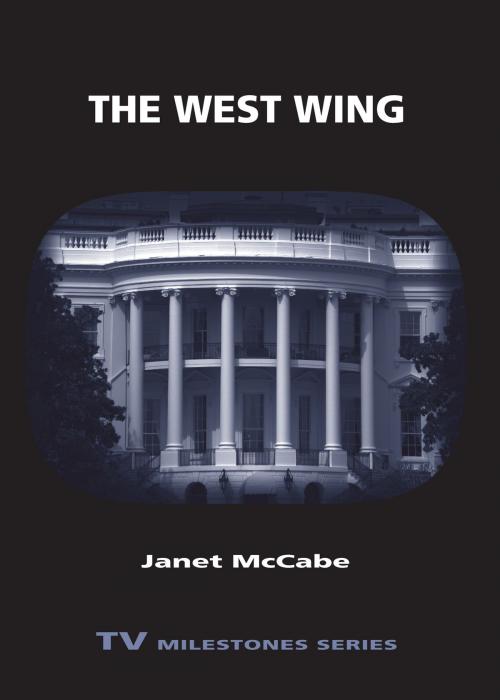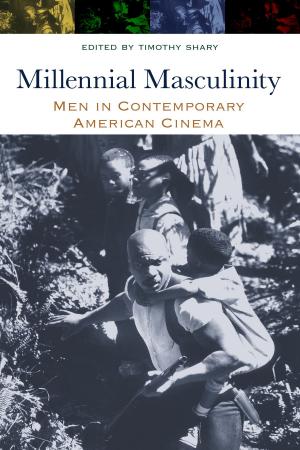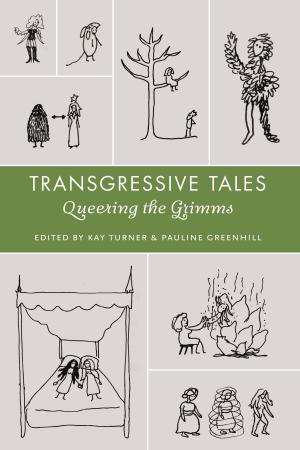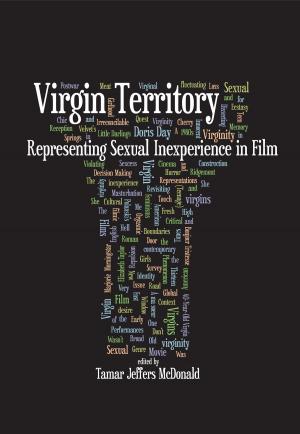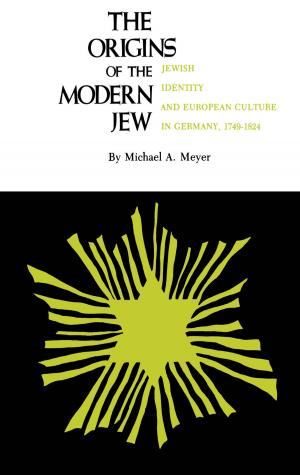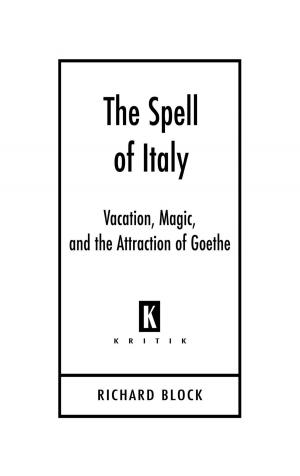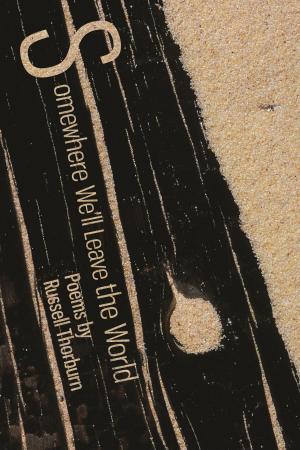| Author: | Janet McCabe | ISBN: | 9780814338094 |
| Publisher: | Wayne State University Press | Publication: | December 3, 2012 |
| Imprint: | Wayne State University Press | Language: | English |
| Author: | Janet McCabe |
| ISBN: | 9780814338094 |
| Publisher: | Wayne State University Press |
| Publication: | December 3, 2012 |
| Imprint: | Wayne State University Press |
| Language: | English |
With its fast and furious dialogue, crackling wit, and political savvy, The West Wing became appointment TV for millions during its seven-season run between 1999 and 2006. The behind-the-scenes ensemble drama about Washington politics premiered on the wake of the Monica Lewinsky scandal, was the first series to respond to the 9/11 terrorist attacks, and concluded in the closing years of the Bush administration. Its subject matter was ambitious and germane, its cast star-studded, its production team acclaimed. In this volume, Janet McCabe explores The West Wing as both a space for political and social discourse and a force that reshaped contemporary television. McCabe begins by examining the series' broadcasting history, including its scheduling in the United States and around the world, and how the show defines channels and television markets. McCabe goes on to explore the role of the show's creator Aaron Sorkin as a TV auteur and investigates the program's aesthetic principles, including the distinctive look, feel, and sounds of the series. McCabe concludes by considering the political discourse of The West Wing, as the show spoke back to a U.S. culture divided by politics, race, and gender as well as the trauma of 9/11 and anxieties over terrorism and the wars in Iraq and Afghanistan. McCabe's analysis of The West Wing provides an intriguing look at the institutional, formal, and cultural politics of television. Fans of the series as well as students and teachers of television history will enjoy this detailed volume.
With its fast and furious dialogue, crackling wit, and political savvy, The West Wing became appointment TV for millions during its seven-season run between 1999 and 2006. The behind-the-scenes ensemble drama about Washington politics premiered on the wake of the Monica Lewinsky scandal, was the first series to respond to the 9/11 terrorist attacks, and concluded in the closing years of the Bush administration. Its subject matter was ambitious and germane, its cast star-studded, its production team acclaimed. In this volume, Janet McCabe explores The West Wing as both a space for political and social discourse and a force that reshaped contemporary television. McCabe begins by examining the series' broadcasting history, including its scheduling in the United States and around the world, and how the show defines channels and television markets. McCabe goes on to explore the role of the show's creator Aaron Sorkin as a TV auteur and investigates the program's aesthetic principles, including the distinctive look, feel, and sounds of the series. McCabe concludes by considering the political discourse of The West Wing, as the show spoke back to a U.S. culture divided by politics, race, and gender as well as the trauma of 9/11 and anxieties over terrorism and the wars in Iraq and Afghanistan. McCabe's analysis of The West Wing provides an intriguing look at the institutional, formal, and cultural politics of television. Fans of the series as well as students and teachers of television history will enjoy this detailed volume.
